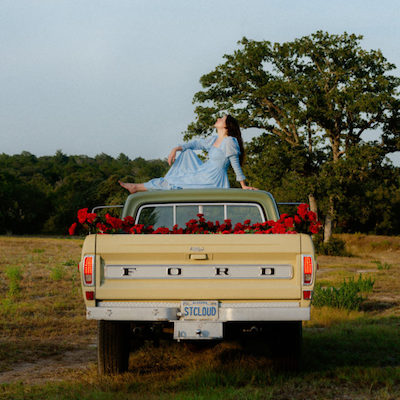
by Liam Casci
Back in 1999, American singer and songwriter, Will Oldham, released his seminal album, I See A Darkness. Although it was the first released under the Bonnie Prince Billy moniker, it was not his first record, in fact one could argue it wasn’t even his first classic album – Viva Last Blues, which he released under the name Palace Music in 1995, probably deserves that distinction. However, the Bonnie moniker would go on to become both his most prolific and most popular title that he would create music under. It’s now been over twenty years since that album’s release and additional classics have joined it in Billy’s discography, such as 2003’s quiet and isolated Master and Everyone, and 2006’s gorgeous and wintry, The Letting Go. Yet, it is I See A Darkness that remains his most memorable, crowning achievement.
This seems to be the consensus opinion shared by fans and critics alike, but it is also the case among his peers. Music on this record clearly influenced contemporaries of his in the folk rock and alt country genres like Mark Kozelek – Will Oldham has since provided background vocals on a couple of Sun Kil Moon albums – or fellow Drag City artist Bill Callahan. The most glowing and overt acknowledgment to this album’s brilliance though must surely have been when the great Johnny Cash covered the title track a year after its release on one of his final studio recordings – American iii : Solitary Man – before he passed away. And it’s that title track of I See A Darkness, which deserves the brightest spotlight placed on it.
You won’t get any arguments from me – this album can be, as you would imagine, very dark, both lyrically and tonally. You could arrive at that summation before even listening to it – the LP’s artwork is grimly macabre and the track list sporting titles such as Another Day Full Of Dread and Death To Everyone. There are moments throughout the plaintive, unorthodox, and at times, slightly claustrophobic tracks when the vocals warble or crack during the growing tension that surrounds them. But even on the deceptively chipper opener, A Minor Place, Billy makes subtle references to self harm in the lyrics.
That title track though, and I know I’m not the first to bring this up, is the clearest example of the hope and optimism that peeks through the cracks during the course of this record. It’s the most crucially honest point of the album and it’s also the most inspiring as it builds up so unexpectedly triumphant. It’s an ode to recovery, and to healing. Essentially, the track delivers a narrative of things are bad right now, but I believe they can get better. That I can get better. The whole song is like the musical equivalent of the expression, ‘things are darkest before the dawn’. And I for one, really appreciated hearing that at the point in my life when I did, and the fact it was presented within such a brutal, fascinating and wonderfully complex album made it all the better.
Secret Meeting score: 100





